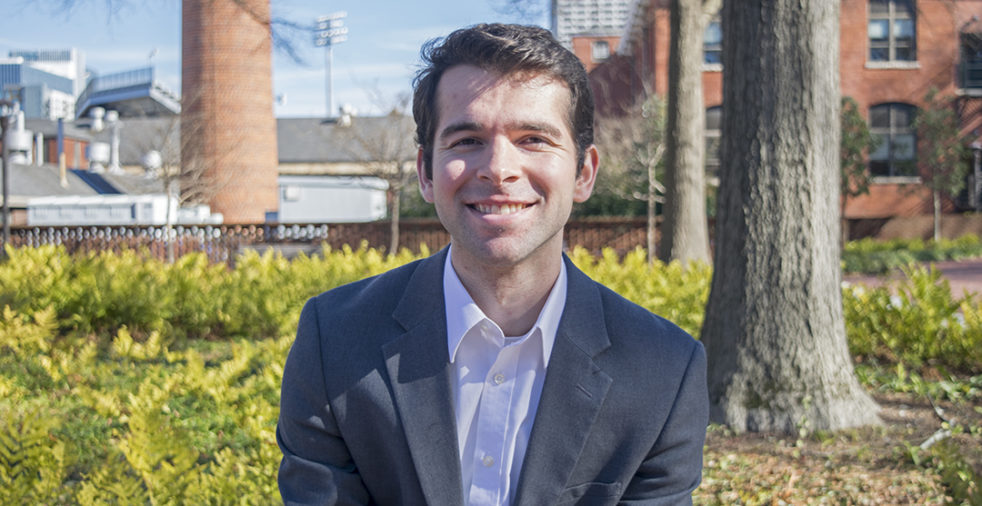The summer is nearly halfway over. Some Tech students are completing their degree with a summer semester. Others are working on at an internship to add to their resume and improve their chances of getting a job once they graduate. But how many are actively taking a break from working toward the future so that they can enjoy the present?
The act of taking a break has evolved negative connotations throughout multiple facets of American life. In the job sector, hundreds of millions of vacation days are wasted. Meanwhile, it’s considered a point of pride to have never taken a day off.
As for student life, there’s such a rush to “get out” with a degree as quick as possible. Even at Tech, there’s almost a competition to see who can take more credit hours at a time and who gets less sleep before a midterm. The saying “health is temporary; GPA is forever” completely embodies this type of lifestyle.
And it’s to the detriment of everyone on campus.
Last winter, there were two reported suicides in eight days. Last spring, Tech’s Division of Campus Services and Division of Student Life conducted three surveys to evaluate campus mental health and well-being. Of the nearly 5,000 who participated, 69% of students reported experiencing one or more days when emotional or mental difficulties impacted their academic performance in the previous four weeks.
Tech has started to take more actions toward addressing the mental health crisis afflicting more and more colleges campuses. But as services improve, it is the students’ responsibility to improve the toxicity of its current work culture. A part of that is removing the stigma behind gap semesters or years.
College course work in any major is difficult. Universities are at the highest level of learning, and as such, require high effort — no matter the course material. Solving engineering problems that require two pages of work, lab reports over 12 pages long and recording 20 pages of unique thought over world literature area all admirably difficult.
Sitting in class for 12 hours, accompanied with homework and outside studying can result in students actively working more than the 40 hours per week required at a full-time job. Behind the scenes, the stress of keeping scholarships, the dread of looming college debt or even the disappointment of failing a test make being a student even harder. Yes, each semester has the occasional three-day weekend, but any student is familiar with the illusion of a break as professors assign work to do during the holiday. Truly, the grind never stops.
For some students, this is sustainable. But that doesn’t mean that every student must hold themselves to the same standard. There can be a difference between hard work and working every day for so many semesters in a row. I know that I sure as hell needed a break after the past five semesters of taking classes.
For the same reasons people should take vacations, students should utilize gaps in their studies for the sake of their own mental health. The degree is what’s important — not the time it takes to get said degree.
Additionally, gap semesters and years provide students with the one thing they never have enough of: time. Whether it’s the time to learn a new programming language, the time to learn guitar or the time to read or write a book series, gaps in your education give you the time to be someone other than a student working toward their career. They give you the time to figure out who you are outside of a degree.
There is a life beyond Tech, where no one cares about GPA, how many credits you took per semester and how many semesters it took to graduate. Campuses need to emphasize that students’ value shouldn’t be tied to their degrees, but rather to their passions that make life worth living.
